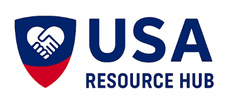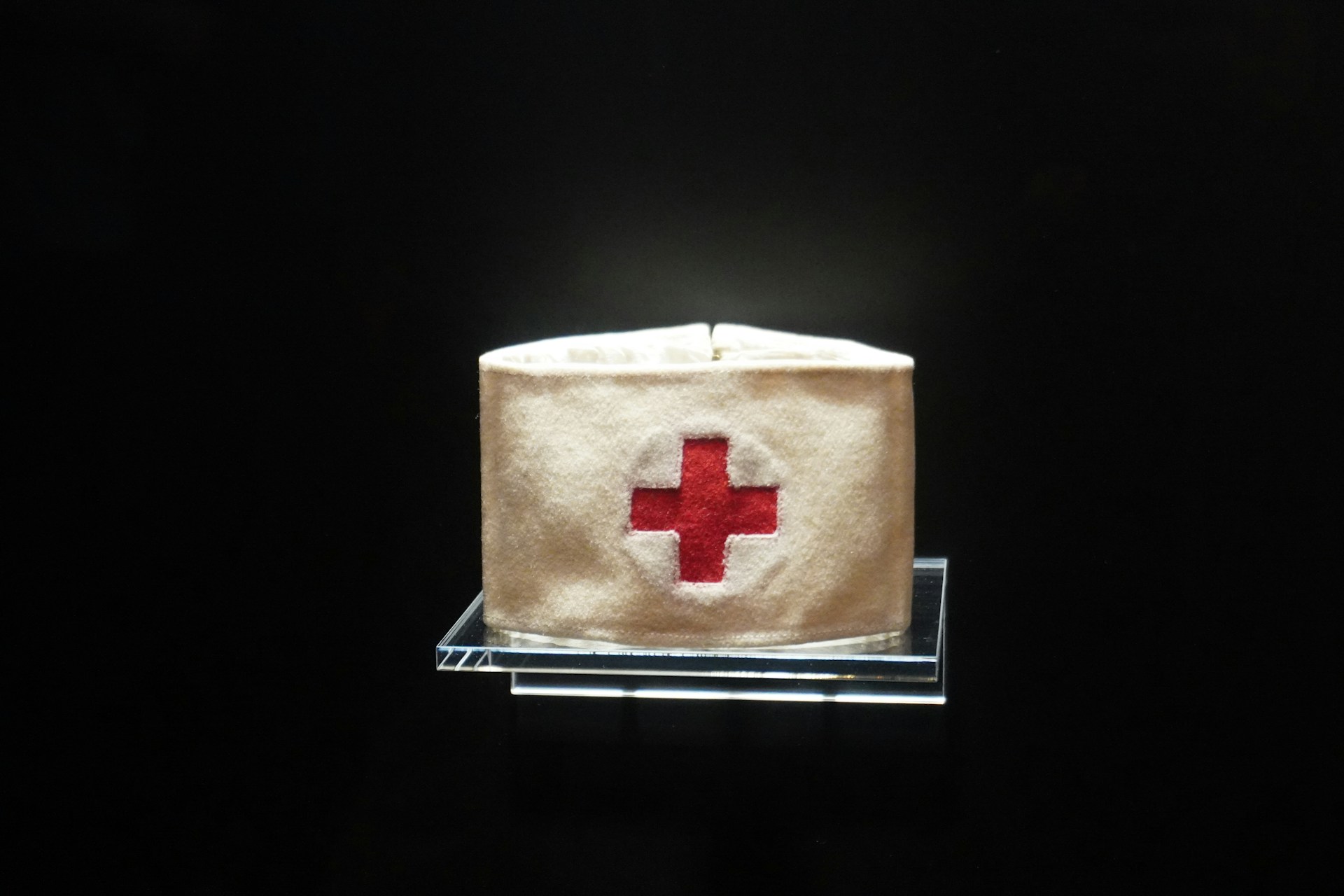When a crisis hits such as job loss, eviction notice, medical emergency, speed matters. Many people don’t realize that emergency relief programs exist specifically for urgent situations. These are not long-term benefits or slow-moving applications. They are designed to respond quickly, often within days, to stabilize households and prevent deeper financial damage.
Local Emergency Assistance Funds
Cities and counties often maintain emergency funds for residents facing eviction, utility shutoff, or food insecurity. These programs are usually managed by local human services departments or nonprofit partners. They may offer one-time payments for rent, electricity, or groceries. Some even provide hotel vouchers or transportation assistance. To access them, call 211 or visit your city’s official website. Applications are short and often processed within 48 to 72 hours.
Rapid Rehousing and Shelter Programs
If you are at risk of losing your home or already unhoused, rapid rehousing programs can help. These initiatives provide short-term rental assistance, deposits, and case management to get families back into stable housing. Emergency shelters also offer temporary beds, meals, and referrals to longer-term support. Many operate on a walk-in basis or through coordinated entry systems. Ask local housing nonprofits or community centers for guidance.
Emergency Utility and Water Bill Help
Utility companies often partner with nonprofits to offer emergency bill assistance. Programs like LIHEAP may take weeks to process, but local agencies can sometimes cover a shutoff notice within days. Some providers also offer hardship plans or payment extensions. Contact your utility company directly and ask about emergency options. Be ready to provide your account number and proof of hardship.
Food Banks and Mobile Pantries
Food banks are built for immediate relief. They do not require lengthy applications or proof of income. Many offer drive-through pickup, mobile delivery, or walk-in access. Some also provide diapers, hygiene kits, and pet food. To find one near you, search online or call 211. If you need help today, food banks are often the fastest option.
Emergency Medical Assistance
Hospitals and clinics may offer charity care or financial assistance for urgent medical needs. If you are uninsured or underinsured, ask about emergency aid before treatment. Some states also have Medicaid presumptive eligibility, which allows temporary coverage during a crisis. Community health centers often provide sliding-scale services and can help with applications.
Crisis Hotlines and Mental Health Support
Financial emergencies often trigger emotional stress. Crisis hotlines offer immediate support, referrals, and guidance. Many operate 24 hours a day and can connect you to local resources. If you are feeling overwhelmed, reach out. Mental health support is part of emergency relief, not separate from it.
These programs exist to catch people before they fall deeper into crisis. Whether you need food, shelter, medical care, or utility help, there is likely a resource nearby that can respond quickly. Start with one call, one visit, or one message. The fastest help is often the one you didn’t know existed.


Leave a Reply